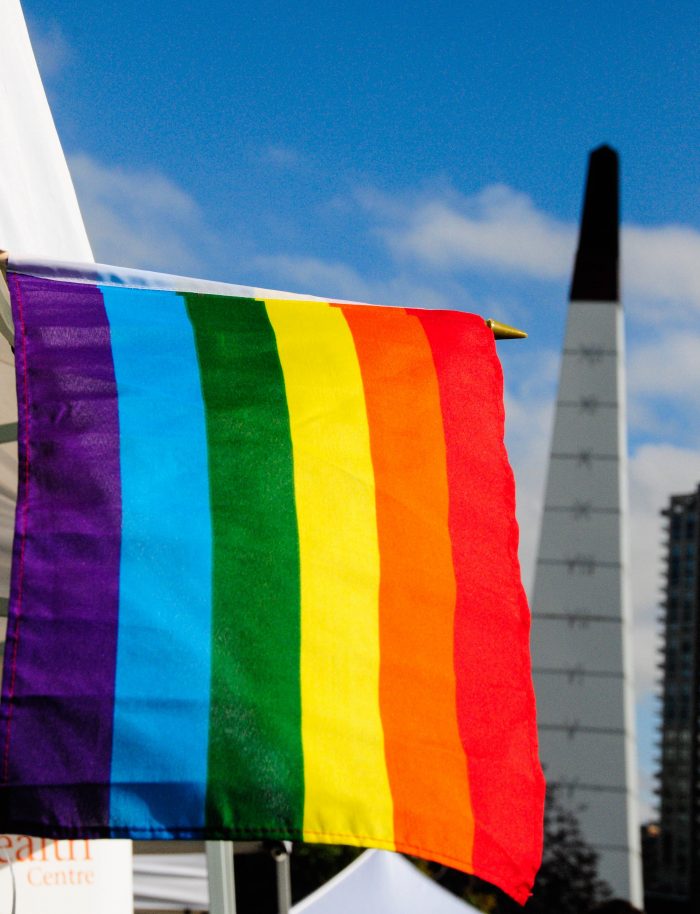Welcome! Login in to your account
Register for an account
A password will be e-mailed to you.
Recover your password
© 2021 - Rehabilitation & Community Providers Association









